Did I get ripped off and scammed with my solar? According to the comments on my recent solar panel video, where I compared a Tesla Solar Roof to my more modular solar panel system, I surely did get scammed and ripped off. … but did I? The critical comments really boiled down to 5 basic issues, so let’s take a closer look at those one by one. Are solar panels a scam and did I get ripped off?
While I see negative comments about solar panels a lot on my channel, I was a little surprised by the number of critical comments in my Tesla Solar Roof vs. solar panels video. To be completely honest, I had a knee jerk reaction to many of those comments, writing them off as more fear, uncertainty, and doubt, and misinformation that pervades all of social media nowadays … but then I challenged that reaction. Let’s try to look at this as objectively as I can and see if I did get ripped off.
I went through and started grouping comments together into themes to see what trends I could zero in on to explore more. I came up with 5.
It Only Works When the Sun is Shining

First one up is one I see on all my solar panel videos, “solar panels are a scam because they only work in certain areas.” Things like they only work where the sun shines a lot, they don’t work on cloudy days, or during the winter months. Fill in any reason you like.
While there is absolute truth to the fact that solar panels only work when the sun is shining, that doesn’t mean that the sun has to be unobstructed in the sky to produce electricity. Cloudy and overcast days still produce a surprising amount of energy. In fact, overcast days act like a diffuser over a light source. If you have a bare light bulb shining on an object, the light rays are moving in a straight line from the source when they hit an object. These relatively parallel light rays will cast a very harsh/sharp shadow on the ground. Think about standing outside on a sunny day and looking at your own shadow. However, if you put a thin layer of diffusion between the light source and yourself, those light rays get refracted and diffused. They’re no longer all in parallel to each other when they hit an object. They’re bouncing around and coming at the object from many directions at once. The result is a much softer edged shadow.
This is what’s happening to solar panels on overcast days. Yes, the light hitting the panel isn’t as strong, but you can actually get a more consistent, lower level power generation over the course of the day because of that diffused light. You can absolutely see the difference in my energy production on sunny days versus overcast or rainy days, but there’s still electricity getting generated … albeit a very small amount. Just look at my data between March 24th and March 30th. It should be pretty clear which days were overcast or had outright dark gray skies with lots of rain. March 27th was very overcast as a storm was starting to move in and we still produced 43kWh vs. over 80kWh on a truly sunny day. March 28th was a very gloomy, rainy day and we still produced about 14kWh. This would be a problem if I was offgrid, but I’m not. The days where I’m underproducing could be covered by energy from a battery system stored from the previous day or the grid itself.
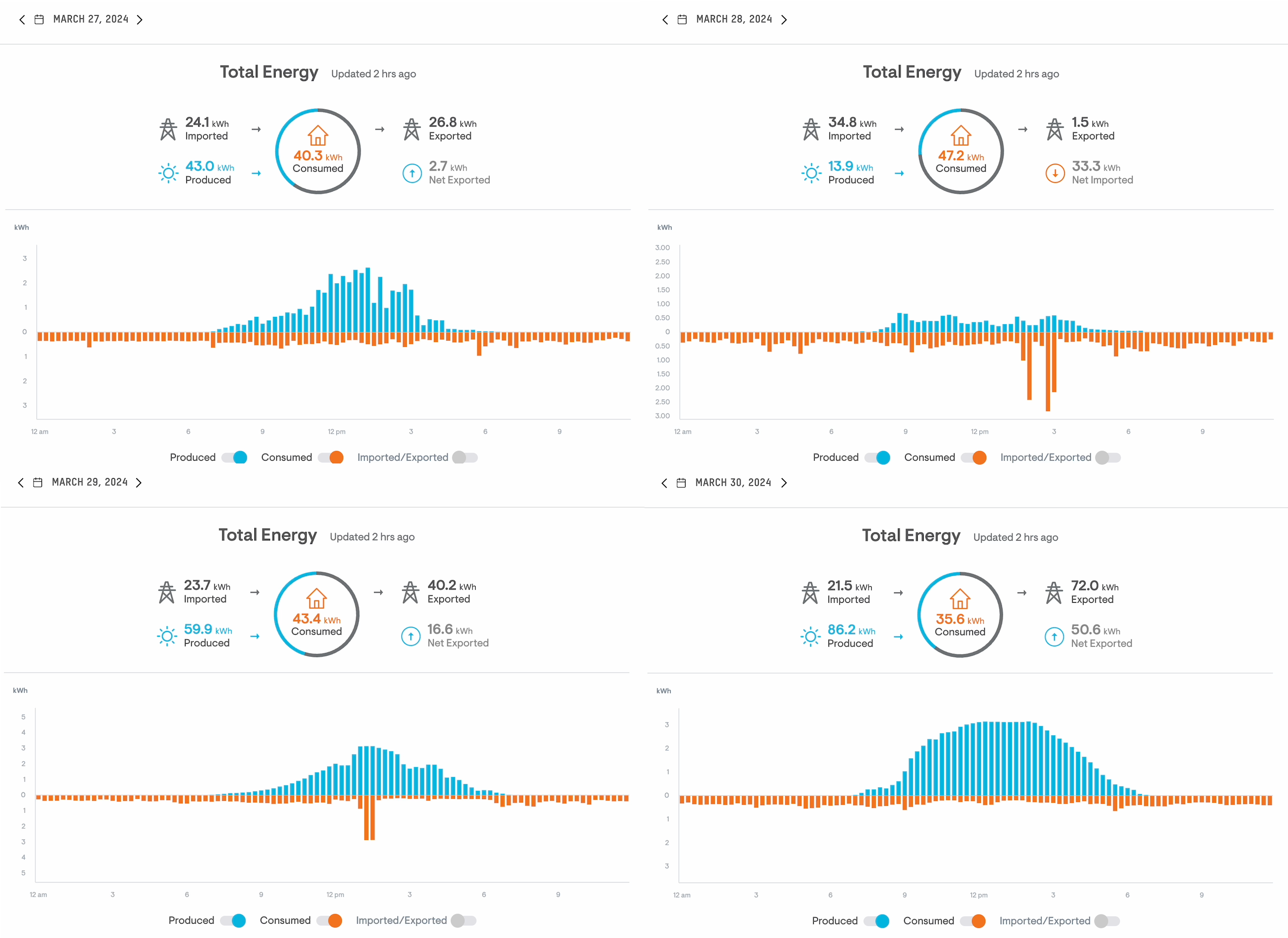
The biggest detriment to location is how many average peak solar hours your panels will receive each day over the course of year. Here in New England, the winter peak solar hours are pretty low. In the summer time it might average out to something like 4.27 hours per day, but in the winter it’s only 2.99 hours per day.1 That’s not counting diffuse solar production on the fringes, etc. While that may not sound like a lot, my solar panel array still produced 748.8 kWh in December. Is it worth it? It all comes down to the cost of the solar panels versus what you’d be paying for that electricity from the grid (and a few other factors). In my case electricity works out to roughly $0.35/kWh where I live, which is about $260 worth of electricity. But that leads me to the next comment.
The Cost Isn’t Worth it




The second theme that came up was along the lines of, “Solar is a scam because the cost isn’t worth it.” Or that, “the math doesn’t add up.” Often the comments like this bring up the cost of the loan over time, investing that money into stocks or an investment fund, which would save and generate more money over time. So, is that true?
Well, I’ve dealt with this exact point in my videos about my previous home’s solar panel array.
There’s something I always say in my videos on this… nobody can tell you if solar panels are right for you other than you. That’s not me trying to be cute, but to drive home the point that it’s all about context. How much are electricity rates in your area? How much are solar installers charging in your area? What incentives or rebates are available to you … in your area? What about low or no interest loans? There’s so many variables that nobody can tell you that the math doesn’t work across the board. If anyone is stating that solar panels never work financially, or that they always work financially, you should ignore those people immediately.
I won’t rehash all the math of my previous system here, because there’s a lot of detail in my other videos that I’ll link to. I haven’t done a deep dive on the investment costs vs. return on my new setup yet because … well … I’m only 5 or so months into it living with it so far. I’ll definitely be making a video showing real world data of my specific system and breakdown the costs with and without incentives for a point of comparison. So check out my old videos and stay tuned for the new breakdowns.
But back to the “if you had just invested your money” point. There’s another important factor that gets discounted by those types of comments. It’s not always about the pure money angle for everyone. For some, like myself, there’s also the factor of having a system that can continue to provide me power in a blackout situation. Instead of a diesel generator setup, I have a setup that can act as a solar generator with battery backup. You may not find value in that for yourself, but the energy security and independence motivation has value to many others. The same is true for just wanting to generate electricity from a non-fossil fuel source. To some that may be a big enough motivator to justify some of the cost. You may not agree with that, but again … it’s all about your personal goals with this stuff. There’s no universal take here.
It’s Only for the Rich




That leads nicely into comment theme #3. “It’s only for the rich.” Unfortunately, there’s a seed of truth to that … although, I wouldn’t call myself rich. I’m not Jeff Bezos over here, but my wife and I are lucky enough to be able to afford our home we built. Homeownership is a major issue that’s been getting less and less attainable in recent years. And something really needs to get done about that.
Where I’d push back on this though is that there are solar programs in some locations that offer low or no interest loans for solar installs. I am absolutely not a fan of the leasing model for solar because it complicates selling your home and has a lot of other baggage too. Whether a loan makes sense for you really depends on what I just mentioned about costs. You’d have to run the math for your specific situation. In my case, the math worked out … but that’s absolutely not the case for everyone.
The second thing I’d push back on as far as rich people things … or even needing to own a home … is that community solar projects have really been taking off. I’ve talked about this before, but this can benefit you if you rent, or even if you own your home and just don’t want to install solar on your roof. Basically, you’re buying into a communal solar farm, which means leasing (or sometimes outright owning) a certain portion of the electricity that it produces. This production will get credited to your utility account, which reduces your electricity bill. This is the type of solar project that gets me the most excited because it’s accessible to anyone regardless of home ownership. I’ll link to some articles and resources in the description to help you find one near you if you’re interested.
I Could do it Myself




And staying on the cost issue, that leads me to #4, which all comes down to, “I could do it (or did do it) myself and it would cost half as much. You got ripped off.” There were plenty of examples in the comments from folks detailing how much they paid to do it themselves. In some cases, the costs were dramatically lower than what I’ve paid. And you might think that makes me angry, sad, full of regret, but no … anything but. I LOVE seeing that. Doing anything yourself is going to save a lot of money because you don’t have labor costs. However, it does take up a lot of your own personal time. Just like my previous example, not everyone finds value in the DIY approach. Some don’t feel comfortable working with electrical and climbing around their roof. To them there’s a lot of value in hiring someone who knows what they’re doing to do it on your behalf.
This may not be the best analogy, but it’s kind of like building your own PC. I’ve done that for decades. I build my own gaming PCs, but I prefer to use Macs for my day to day work. If something goes wrong with my Mac, or any PC from a central source, there’s a value to not having to troubleshoot and fix things yourself. Just take that Mac or PC back to where you bought it from and have them swap it out or fix it. When something goes wrong with my custom built PC, I have to troubleshoot and figure it out for myself. That can sometimes be a time sink or a descent into madness because some random firmware borked the whole system. Not everyone wants to be responsible for their solar panel system if something goes wrong. There’s value in having a single point of contact and warranties that cover issues.
But having said that, the DIY solar approach is kind of awesome. That’s what I love about this tech. It’s made generating your own electricity possible for not only utilities, but for all of us as well. That’s an awesome paradigm shift.
You got Ripped off



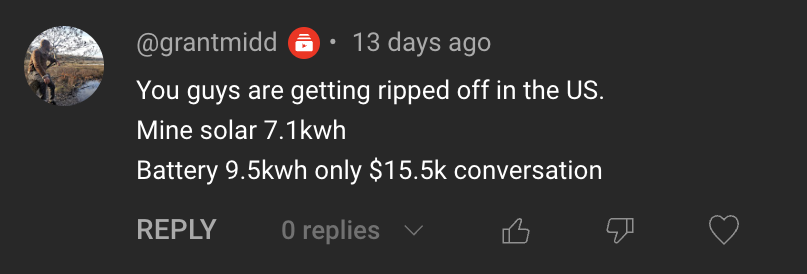
And finally, the last comment theme actually encompasses most of the others well. “You got ripped off because I paid $X where I live.” While I am jealous of the prices all of you pointed out in the comments, there’s some extremely important things to highlight from the comments themselves. “In Europe, a 17.5kwp setup with a battery is $19,000.” “In my country a 12 kWp solar system is 6,800 EUR.” Did you catch it? Location, location, location. Even within the US there are dramatic differences in the cost for solar. My exact system, where I paid $55,000 for 17.2 kW, might cost $40,000 in Arizona.2 The reason, local cost of goods, labor, permitting, inspections, etc. In solar there’s hard costs (ie. the hardware and equipment) and soft costs (ie. labor, permitting, inspections, etc.).
For all of you that are in another country, the comparisons get even more stark. My favorite is Australia because … wow … the cost of solar there is just mind bending. My first thought was, “oh, it’s the labor and cost of living differences.” But, no.
Comparing Australia to Massachusetts (it may not be fair to compare a country to a state), but it’s 29.4% more expensive to live here than in Australia. We’re paying 40.4% more for groceries and 59.8% more for housing dollar to dollar. 3
The average cost per Watt of solar in Australia is $0.99, which makes my brain hurt. My 17.2 kW system would cost about $17,000 in Australia.4 If you add on about 29.4% for the cost of living difference, it’s still only about $22,000 comparatively. That’s not why solar is so much more expensive here in the US. So if it’s not the cost of living differences … what is it?
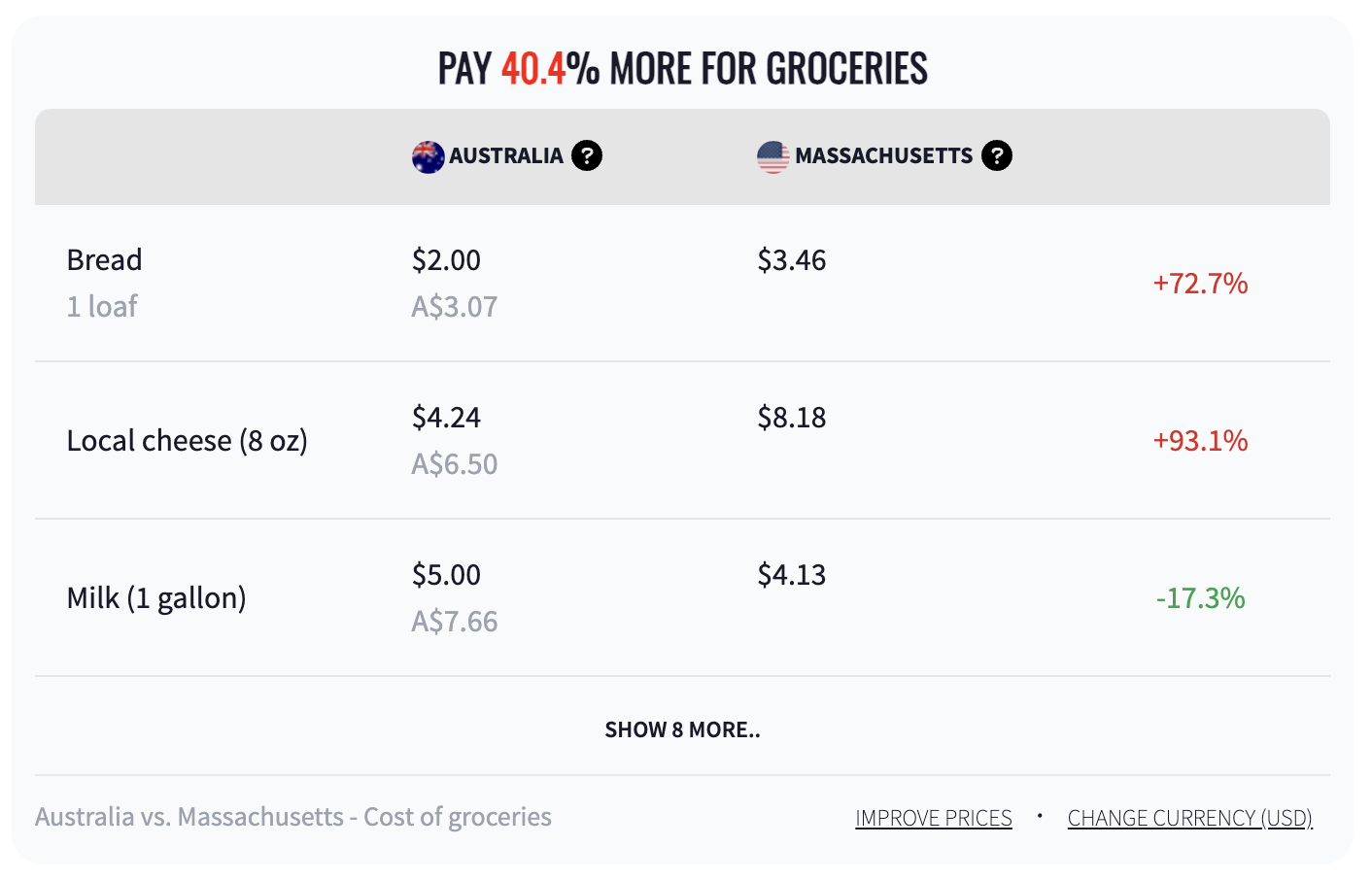
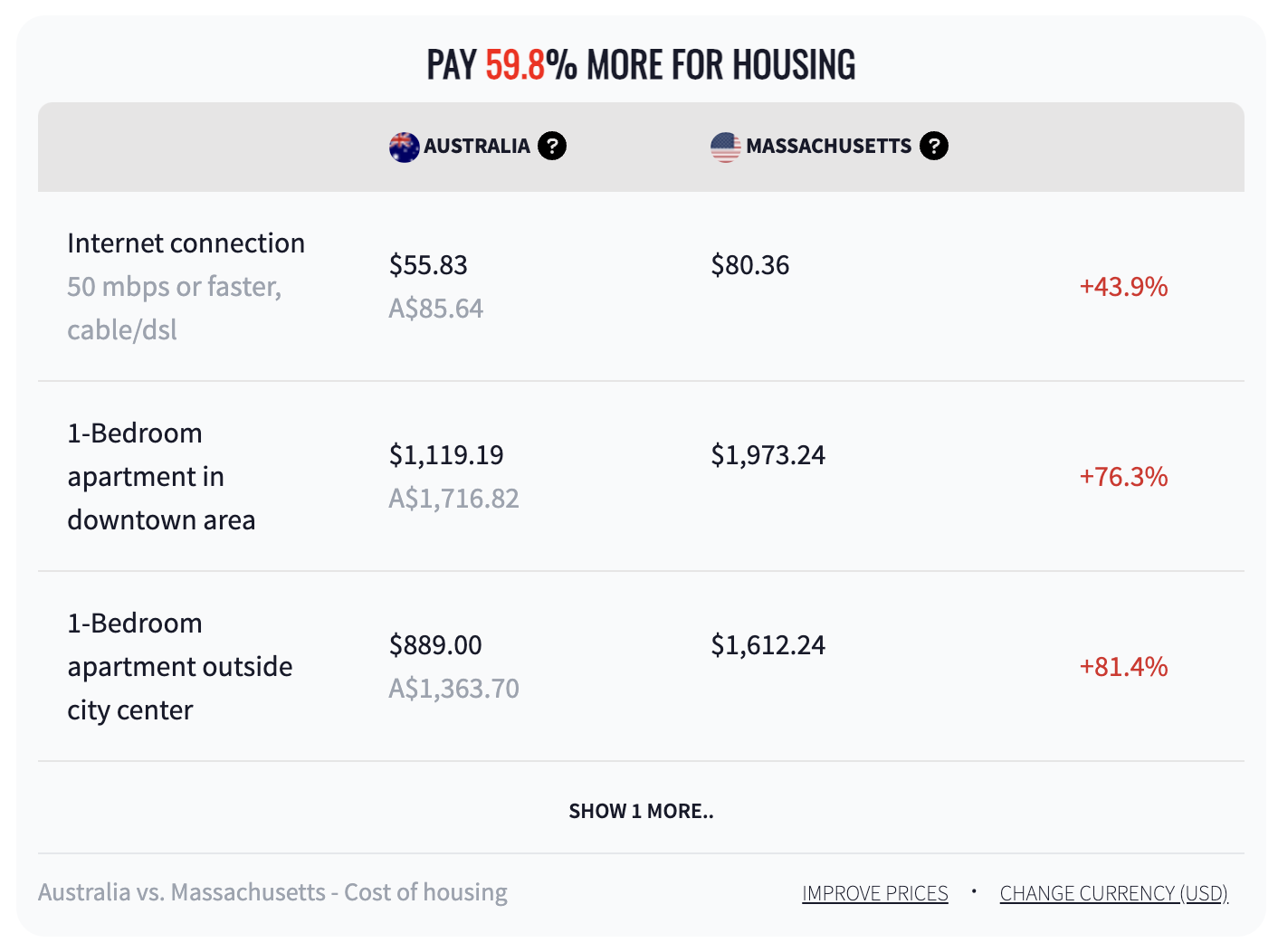
Well, it’s those soft costs of solar. In Australia they have a super streamlined permitting and approval process. You can fill out an online form in Australia and have approval to install the next day. In the US, depending on where you live, it could take weeks or even months. I’ve been waiting months to get approval to install my battery system. The more permits, the more inspections, the more money it ultimately ends up costing. There’s a great video from the YouTube Channel, Distilled, that goes into the biggest differences between the US and Australian market. The bottom line, the US is working on a standardized system that is somewhat like Australia’s, which should help to drive down the costs and wait times. But for right now, the bureaucracy and permitting/inspection craziness here means we have much higher per watt costs.
So on that comment theme, yeah, you’re all correct. The US is getting ripped off compared to some other areas of the world when it comes to costs, but again … it’s all about location, location, location. I didn’t get ripped off based on my region’s average costs, but the US has to do a lot better.
Like I said, solar is a very personal decision because everyone’s motivations are different. For me, I had zero regrets with my previous home’s solar installation and costs, but the jury is still out on my new home. I’ll be detailing how it’s working out once I have enough real world data to crunch the final numbers (not just prediction estimates). Stay tuned for that.


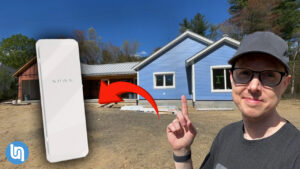

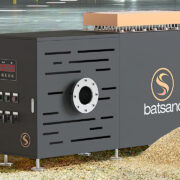
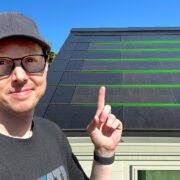

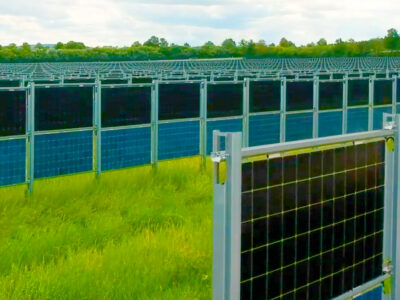
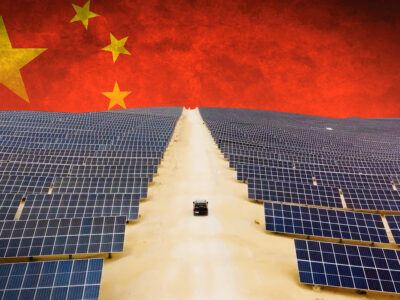

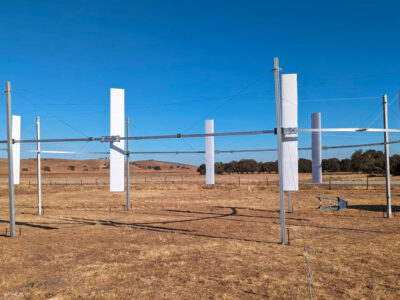


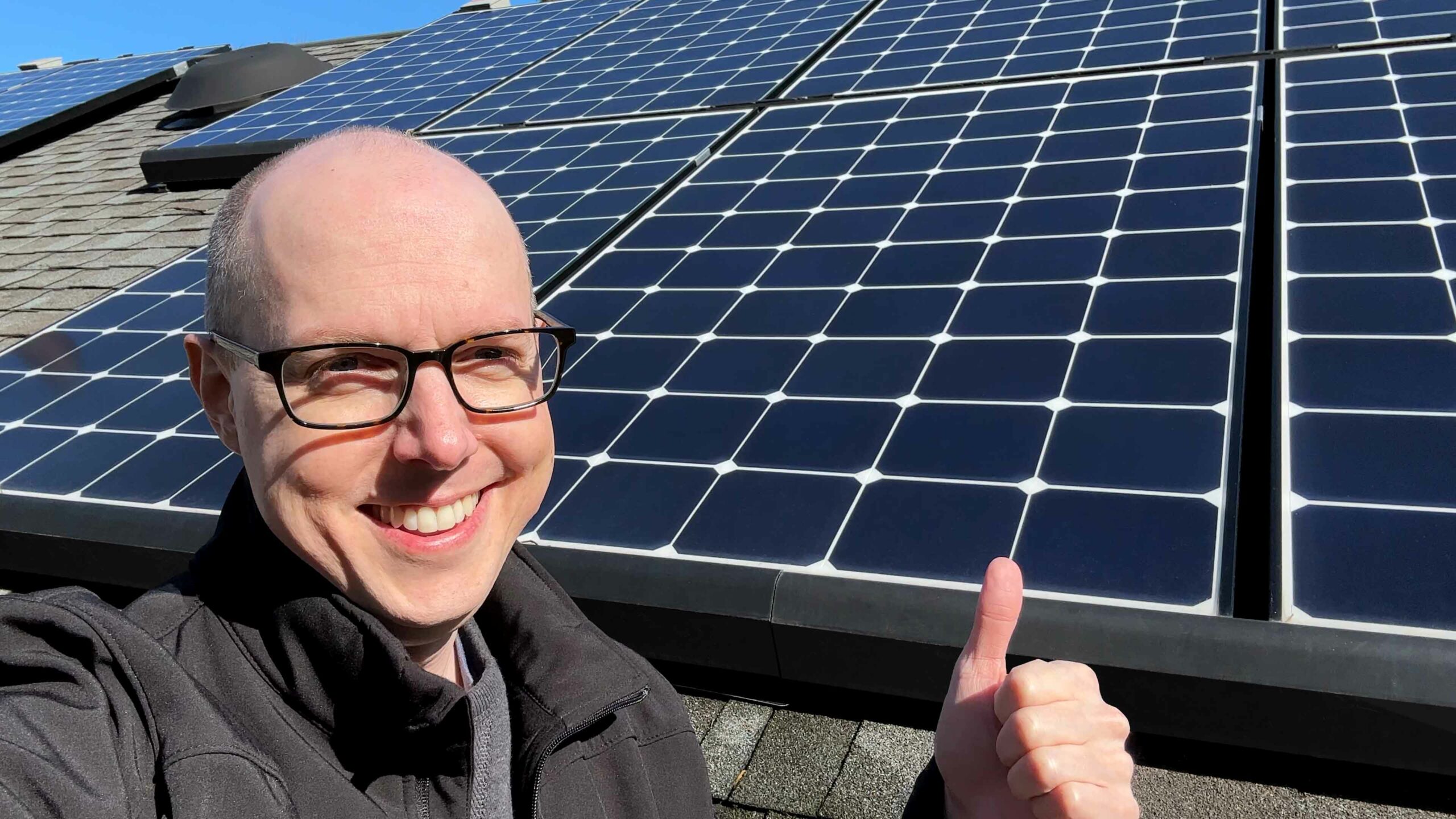


Comments